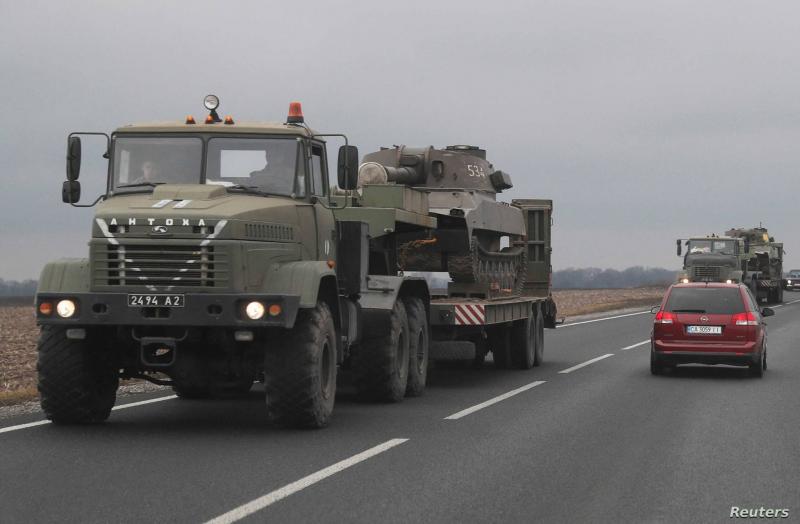A recent report has revealed that the war in Ukraine could add 3% to global inflation this year and erase trillions from global GDP by 2023. The report prepared by the National Institute of Economic and Social Research (NIESR) suggests that the war could wipe out 1% of global GDP, equivalent to $1 trillion by next year. This comes as markets brace for further supply chain chaos due to the key roles Russia and Ukraine play in energy and commodity trade, from oil and gas to wheat, corn, and palladium.
Professor Jagjit Chadha, the director of the National Institute of Economic and Social Research, stated: "Inflationary pressures may intensify if central banks, which is likely, choose to avoid the perils of war through their monetary policies." The research center argued that this would feed global inflation and pose a risk to economic growth. It added that while rising oil and gas prices may partially mitigate the impact of sanctions on Russia, the country's GDP is expected to contract by 1.5% this year and more than 2.5% by the end of 2023.
Europe is projected to be the hardest-hit region due to its trade ties and reliance on Russian energy and food supplies, while emerging markets are expected to be less affected than advanced economies. Chadha added that the research center anticipates an increase in public spending "to support the massive influx of asylum seekers" from Ukraine and to bolster military spending, which will lessen the negative impacts on European GDP.
Experts have indicated that rising energy prices have exacerbated fears of "stagflation," as benchmark oil prices surged above $119 per barrel on Thursday, the highest level since the global financial crisis in 2008. Officials have warned that global energy security is under threat amid the ongoing Ukrainian crisis.
Meanwhile, Susannah Streeter, a senior investment and markets analyst at Hargreaves Lansdown, stated: "Anxiety is spreading again in global financial markets with fears of stagflation, as the conflict in Ukraine exacerbates inflationary pressures and threatens to disrupt global growth." She added that with U.S. President Joe Biden facing increasing pressure to halt crude imports from the Kremlin, "hitting Russia harder with sanctions could lead to a sharp rebound in financial pain." Streeter expressed concern that “the sanctions might not do much to break Russia’s immediate resolve, which could lead to a prolonged economic struggle.”
Recent preparations came after members of the International Energy Agency agreed to release supplies from their oil reserves, despite Western efforts to exclude oil and gas from their sanctions imposed on Russia. Meanwhile, there were also concerns that the crisis could lead to rising food prices after wheat reached $10.23 per bushel, the highest level in 14 years. Corn prices also soared to their highest since 2012, during a drought in the U.S. as well as wildfires across Russia and Ukraine.
This comes as Russia and Ukraine account for 20% of the global wheat and corn market, and the Kremlin is the largest exporter of ammonium nitrate used in fertilizers. Experts believe that rising oil and wheat prices paint a grim picture for inflation, as the conflict flips the global commodities market and sends energy and agricultural prices soaring to their highest levels in years.




